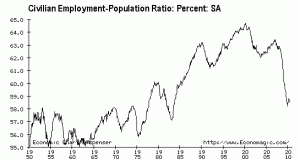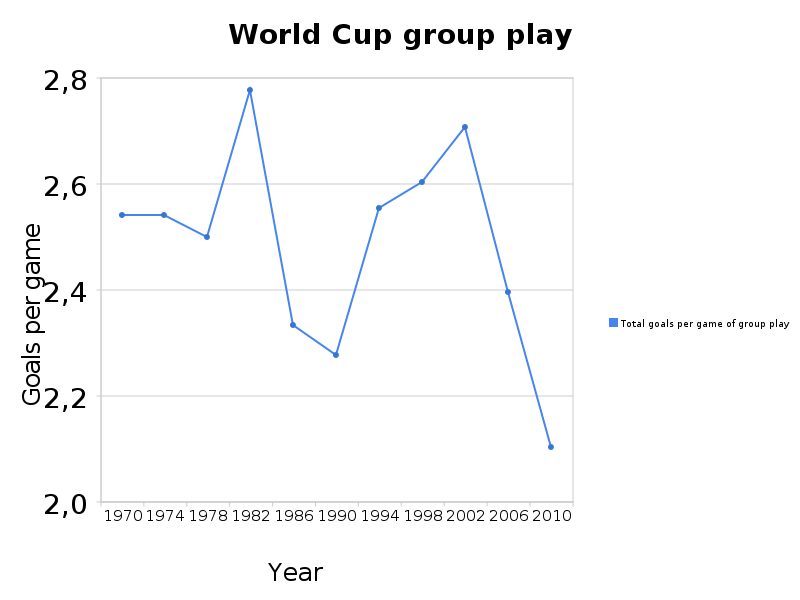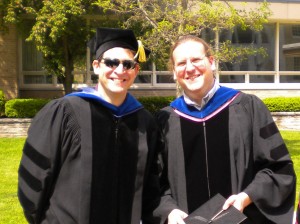Economists are often chided for their “unrealistic” behavioral assumptions, specifically rational self-interest. An obvious direction for research was to relax some of these assumptions, often with surprising results. Indeed, the Nobel Prize in economics has gone to scholars such as Herb Simon and Daniel Kahneman for work that took a hard look at the rational man assumption. But I would probably point to the blockbuster, almost freakish success of Freakonomics and Super-Freakonmomics, texts that sometimes venture into this realm, that put behavioral economics in the public eye.

Despite the success of behavioral economics and finance, we have to be careful how far we want to push it. “[I]t’s becoming clear that behavioral economics is being asked to solve problems it wasn’t meant to address,” says Carnegie Mellon’s George Lowenstein, one of the giants in the field. Writing a cautionary op-ed in today’s New York Times, Lowenstein and his co-author give a number of examples where reliance on behavioral results can miss the forest through the trees.
A “gallons-per-mile” bill recently passed by the New York State Senate is intended to help drivers think more clearly about the fuel consumption of the vehicles they purchase; research has shown that gallons-per-mile is a more effective means of getting drivers to appreciate the realities of fuel consumption than the traditional miles-per-gallon.
But more and better information fails to get at the core of the problem: people drive large, energy-inefficient cars because gas is still relatively cheap. An increase in the gas tax that made the price of gas reflect its true costs would be a far more effective — though much more politically painful — way to reduce fuel consumption.
I think the LU economists are with Lowenstein on this one. We believe that you need to be grounded with a clear understanding of the fundamentals in order to understand the strengths and weaknesses of the discipline.
 I came across a research note on how bloggers reveal their personality types through their word choices.
I came across a research note on how bloggers reveal their personality types through their word choices. Amazon is offering Amazon Prime
Amazon is offering Amazon Prime  Speaking of careers in business,
Speaking of careers in business,  I saw an interesting bit over at Bloomberg Businessweek about how to think about the trajectory. It’s colorful, gangsta-esque title is “Krugman or Paulson: Who You Gonna Bet On?” On the one hand, you have Paul Krugman warning of a depression
I saw an interesting bit over at Bloomberg Businessweek about how to think about the trajectory. It’s colorful, gangsta-esque title is “Krugman or Paulson: Who You Gonna Bet On?” On the one hand, you have Paul Krugman warning of a depression  “The safer they make the cars, the more risks the driver is willing to take. It’s called the Peltzman effect.” — Some CSI Episode
“The safer they make the cars, the more risks the driver is willing to take. It’s called the Peltzman effect.” — Some CSI Episode For today’s recommended reading, The New York Times
For today’s recommended reading, The New York Times 
 As a trained economist, I know the basic institutional details and understand the basic arguments, but as Barro suggests, I have no great insight on the empirics or which side of the debate is likely to be correct.
As a trained economist, I know the basic institutional details and understand the basic arguments, but as Barro suggests, I have no great insight on the empirics or which side of the debate is likely to be correct.



 Here are a few links for you as we bid farewell to the 2010 Lawrence economics graduates and brace ourselves for the alumni revelers descending upon campus for Reunion Weekend. As Neil Young might say, economics never sleeps.*
Here are a few links for you as we bid farewell to the 2010 Lawrence economics graduates and brace ourselves for the alumni revelers descending upon campus for Reunion Weekend. As Neil Young might say, economics never sleeps.* On a happier innovation front, the most recent EconTalk
On a happier innovation front, the most recent EconTalk 